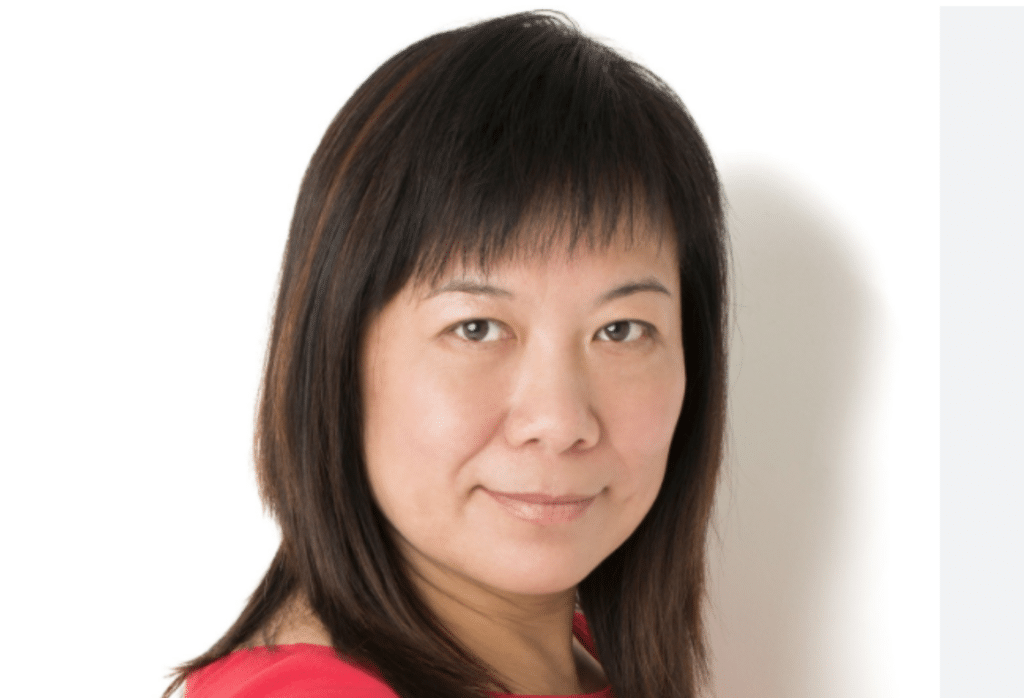Inclusive leadership and transformative impact needs to occur across all industries, and involve all genders, races, ages and abilities. YWCA Canberra’s She Leads Conference, taking place on August 4, will bring together a host of incredible female thought leaders across advocacy, politics, academia and science.
When it comes to new technological advances, we can’t escape the growing impact of AI and its frightening reaches.
For distinguished Professor Fang Chen from the UTS’ Data Science Institute, the most critical aspect in working towards transformative impact is embracing inclusivity and diversity in AI.
Dr Chen believes that inclusive leadership needs to be the kind that is adaptive to changes while also enabling women to embrace their leadership potential.
“Today, not only do we see more challenges in leadership, we also see more technological challenges, and these transformations need to be made so that they no longer perpetuate inequality,” she said.
“How are we going to disrupt the status quo to foster some positive changes?”
Dr Chen has combatted bias perception in the past by focusing on her own skills and capabilities rather than on her gender.
Several years ago, Chen was introduced by a male speaker on a panel with a question — “As a female, how you convince people to trust the business intelligence?”
Chen hit back, saying that such a question simply diminishes her complex personhood.
“I’m not only female, I’m also Asian, and English is not my first language and I’m skinny as well, I’m short, relative to other people, but I prefer to focus on the skills I’ve acquired,” she said.
Despite this, she adds that women are perhaps more observant, and “better at looking at things from a different angle.”
Chen, who won the Australian Museum Eureka Prize in 2018 for Excellence in Data Science, started out as an electrical engineer before pursuing a PhD in AI focusing on speech recognition.
She emigrated to Australia and is now one of the world’s leading AI and Human-Machine Interaction expert, promoting ethical, human-centred AI.
In the years she has worked in the industry, she has seen a remarkable shift in the perception of women in AI.
“Even back in 2013, I was often the only woman at the table talking to all male colleagues,” she said.
“Now, AI is absolutely a welcoming atmosphere, and the boundary of the profession is blurring. In the past, AI was very strictly just about computer science, but now…there are different skills involved, and women bring a range of very unique strengths to the field.”
Chen commends Australia’s tertiary education system for leading the way in global AI research, though admits that we are also “a very risk averse nation…we tend to follow the suit of a lot of people rather than trying to jump on being the leader.”
“We can do better,” Chen says.
As an internationally-recognised leader in AI and data science, Chen has mentored many young scientists and budding PhD candidates.
She tells her students the importance of never underestimating their abilities, and to notice self-doubt when it creeps up on them.
“Nothing can save you more if you keep your focus in doing what your heart wants, and trusting you can do it,” she said. “My advice is to trust yourself. You’re not less capable than anyone else.”
You can see Dr. Fang Chen speak at the YWCA She Leads Conference on August 4. Book your tickets here.


